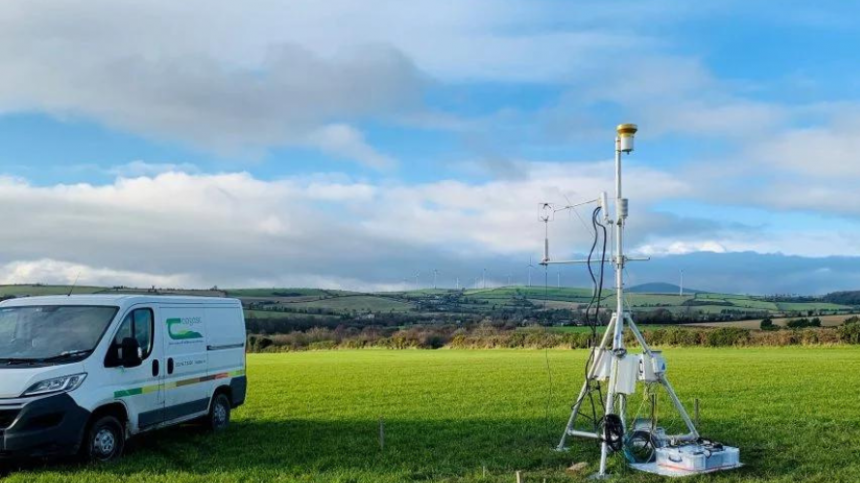A Galway researcher is leading an ambitious project to map tiny life forms in soil, in the hopes of preventing disease and improving food security.
It's hoped the results could help prevent more than 33 thousand deaths in Europe every year and save €1.5bn in medical costs.
The project underway at the VistaMilk SFI Research Centre in Fermoy, Co. Cork is led by University of Galway PhD student, Rose Edwin.
It's a high-tech venture using tremendous amounts of computer processing power.
It aims to unlock the secrets of our soil, by developing a better understanding of trillions of tiny life forms that live within, called microbes.
Microbes are microscopic organisms that are far too small to be seen by the human eye - and they can be found in habitats in every corner of the world, as well as in animals and humans.
The project is all about identifying their relationship with soil - their genetic characteristics, how they interact with their environment, and how they cycle nutrients and help plants grow.
Another key aspect is investigating how these microbes in the soil develop and transmit anti-microbial resistance, which is a factor in up to 700 thousand deaths globally every year.







